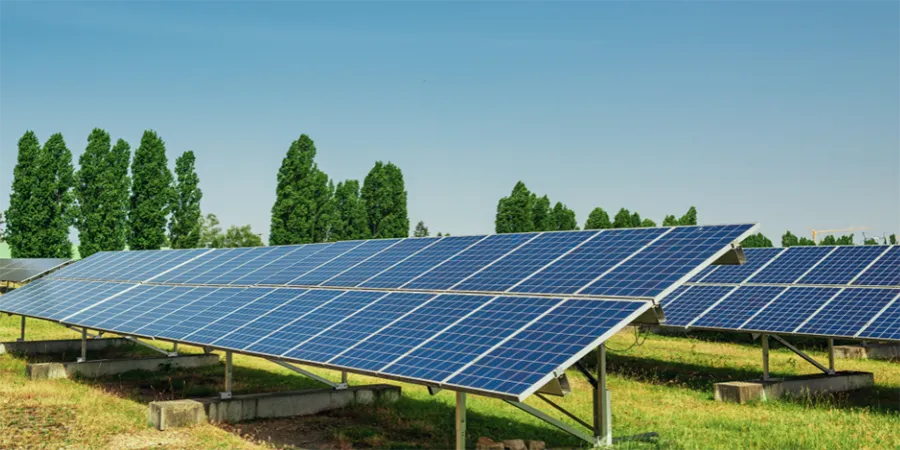Bloom Renewables Innovation
Bloom innovation
Bloom Renewables is on a mission is to support Southwest communities to make the transition to clean energy. A portion of the profits from our solar panel and battery installation business are reinvested into innovative solar energy projects that will ultimately help homes and businesses to decarbonise in a fair and just way.



Bloom Rural Energy Network
In 2024, Bloom Renewables secured UKRI Innovation funding to support its flagship innovation project – the Bloom Rural Energy Network.
Bloom Rural Energy Network (BREN) is a peer-to-peer renewable energy trading network for rural businesses in the Southwest. BREN coordinates a decentralised group of small-scale renewable energy sources that can include solar panels, wind turbines, biomass, biogas and small hydroelectric plants. Their energy is traded to customers using blockchain technology, allowing trades to happen in real-time.
The ambition for BREN is to aid the transition to clean energy and stabilise both prices and supply for farmers and rural businesses in the Southwest.
BREN’s market platform empowers farmers and other rural businesses by enabling tariffs to be set free from gas premiums, supplier overheads and the burden of distribution and transmission losses within the DNO area.
For renewable energy generators, BREN offers a stable, long-term market opportunity. Backed by credit worthy off-takers, the platform ensures prices that surpass wholesale market rates, guaranteeing better returns for clean energy generation.

Agri-PV – generating food and energy in the same space
Bloom is innovating the first agri-PV systems in England. Bi-facial agri-PV panels combine largescale solar power generation with farming techniques, enabling food and power-production to co-exist.
The east-west positioning of bifacial PV module rows is designed to enhance electricity production during the morning and evening hours. These vertical solar panels ensure that more than 90% of the land can still be used for farming and environmental purposes.
Agri-PV systems consistently achieve higher average revenue by capitalising on market opportunities, leading to profits that are 5% to 10% greater than traditional PV systems can achieve.